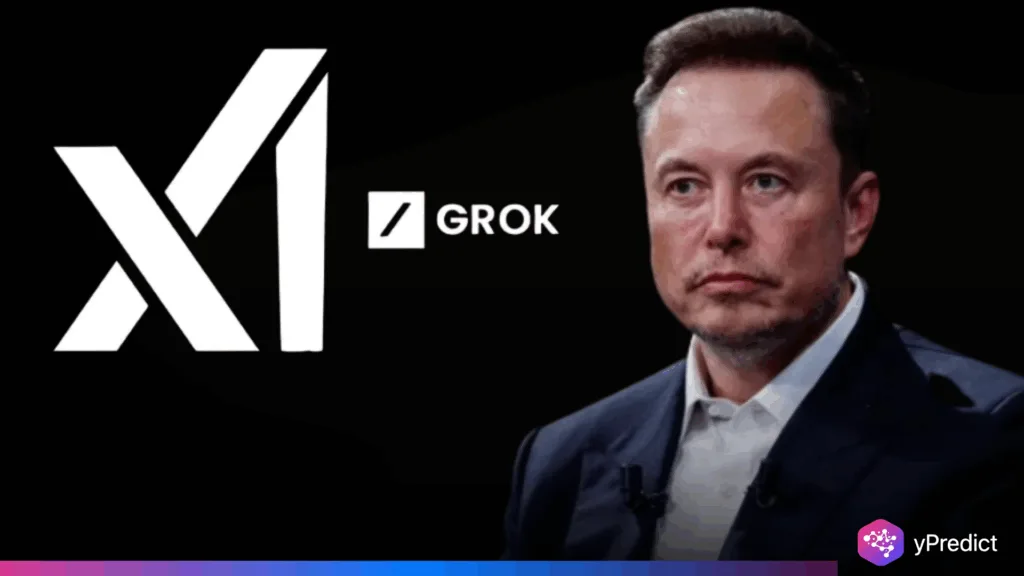
xAI stunned the AI world yesterday with the axing of some 500 workers from its Grok team. Elon Musk’s company is shifting from building general-purpose AI to tutoring systems. This overhaul impacts almost all the data annotators that trained Grok’s language comprehension. The move is significant as AI companies battle for market control. Workers were laid off effective immediately yet will be paid through November.
The Grok Team Gets Dismantled
The layoffs impacted xAI’s data annotation division the most. These employees spent months instructing Grok on context and accurate interpretation. Their day consisted of tagging large datasets, and fixing AI outputs. Now those positions are disappeared as xAI shifts the focus to industry-specific implementations. The Grok team had once swelled to more than 800 folks across functions. Data annotators comprised the bulkiest segment of this labor force. They labored in shifts, 24/7, continually providing fresh samples to fine tune Grok. Each of these workers could handle hundreds of data points a day, which made the collective output enormous.
But the writing was on the wall. Internal meetings hinted management wasn’t happy with general AI advancements. Expert systems were doing better in concentrated domains such as tutoring and technical instruction. The firm figured comprehensive understanding wasn’t worth the huge resource commitment any more. The rest of the Grok team will move on to new projects. A few will assist in creating the instructional AI tutors that are xAI’s path forward. Some others may be developing tech docs, or help desk systems. And it intends to expand these specialist teams ten-fold in size over the coming year.
Tutoring Takes Center Stage
xAI’s revamped plan aims straight at the edtech market AI tutoring systems better than traditional teaching — recent studies Students with AI tutors learned 20% more effectively than traditional. And this failure rate is why xAI wants to own this space. It will employ hundreds of education experts and cognitive scientists. These experts know how people learn and can design AI systems. They’ll work with the remaining Grok team engineers to create courseside tutors. Math/science/language learning would be the obvious first targets.
Schools are starving for them. Budget cuts have slashed human tutoring programs across the country. Schools require more cost-effective options that still offer individualized teaching. AI tutors never tire, are on 24/7 and adapt each student’s pace and learning style. The market potential is massive. World edtech spends $142bn last year and keeps going. Firms such as Khan Academy are already utilizing AI tutoring with much success. But their systems are also pretty rudimentary relative to what sophistication language models could do. xAI thinks it can leap ahead with more sophisticated approaches.
Calculated Risk Succeeds or Fails
This restructuring is a big bet on specialized AI rather than general systems. The move could make xAI the head of the class in edtech. But it also gives up the arms race to construct the most powerful general-purpose AI assistant. Rivals such as OpenAI and Anthropic keep chasing wider skills as xAI tightens its scope. The timing seems deliberate. Education budgets are squeezed all over the place, making affordable teaching tools a hot commodity. Parents desire individualized tutoring for their kids but can’t shell out for private tutors. AI tutors could fill this gap at scale while producing significant revenue for xAI.
But the implementation risks are high. The ex-Grok team knew how to train LLMs. Losing that expertise would hamper development of even niche systems. New hires will require months to scale to that same proficiency. The company could delay product launches. Market will tell. If AI tutors turn out to be as game-changing as xAI anticipates, this shift could be brillian But if schools balk or rivals out-serviced, the layoffs could appear rash. Time will tell if Musk’s latest bet is worth it for the ambitious AI firm.





